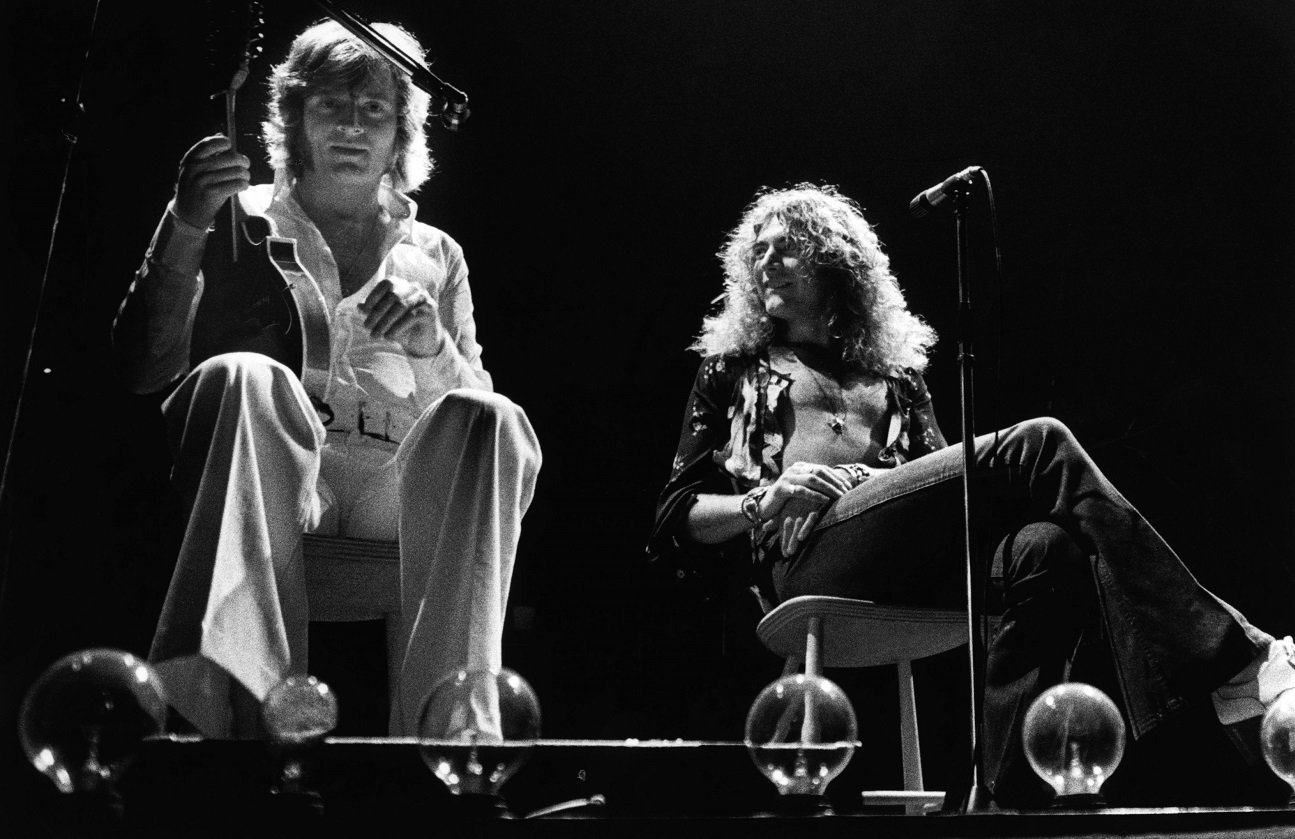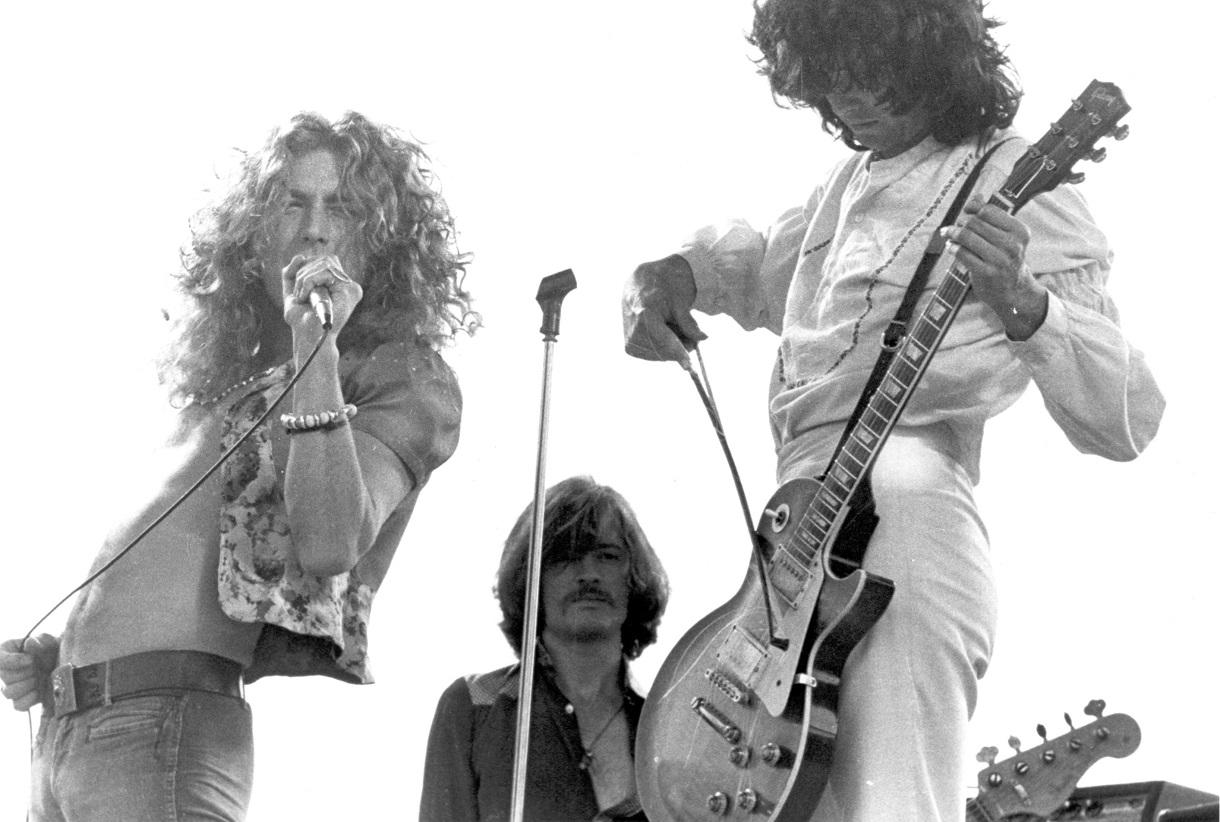Why John Paul Jones Considered Led Zeppelin So Different From The Who and Other Bands
When looking back on the rise and plateau of The Who, Pete Townshend has often spoken about the other big bands that followed his lead. If it wasn’t Jimi Hendrix appropriating his power trio concept and stage antics, it was Led Zeppelin copying the heavy approach of The Who.
So did Jimmy Page or the other two surviving members of Zep respond? By all accounts, no (at least not publicly). But that’s standard operating procedure for these guys. It has always taken a lot to provoke the reserved and publicly tight-lipped Page.
You can more or less say the same for Robert Plant, who’s preferred to look ahead after getting a good many barbs on the record in the ’80s. That leaves John Paul Jones, the multi-instrumentalist who was always the quietest of the bunch. It takes a lot to get him to speak in public in any way.
But Jones has opened up for the occasional interview over the years. And in 2007 he spoke about Led Zeppelin’s legacy and other matters. In that interview, he noted a key difference between Zep and bands like The Who.
John Paul Jones said The Who were a song-based band — and Led Zeppelin wasn’t

Whenever you hear a member of Led Zeppelin speak about the band playing together for the first time in 1968, they all say the same thing — it was electric. Right away, everyone in the room knew they had formed a special type of quartet.
In the following months, after taking the act on the road and recording Led Zeppelin (1969), the band took off for America. And by the end of that first tour Zeppelin became one of the hottest acts in rock. Since they barely spent any time in the studio, it clearly wasn’t the compositions that audiences were demanding more of.
As for The Who, they had a much different origin story; it all started with Townshend trying to write a hit single. After grabbing attention with the very much Kinks-inspired “I Can’t Explain” (speaking of copies), Townshend kept trying to top its success on the charts.
For its part, Zeppelin never even released a U.K. single. They believed their music was best left in its long form (i.e., on an LP).Speaking with Mojo in ’07, Jones referenced this contrast between the two groups. “Unlike a lot of other bands, Led Zeppelin weren’t song-based but performance-based,” he said. “The Who are song-based.”
Jones pointed to how the song-based Who continued after 2 members died

With Zep’s focus on improvisation and performance, it was impossible to continue with the group after drummer John Bonham died. However, in The Who’s case, the band kept recording and touring following the deaths of both drummer Keith Moon and bassist John Entwistle. (The Who has shows scheduled for 2021.)
That wouldn’t have worked for Zeppelin. While they tried to play on a few occasions, it never came off like the original group. Jones told Mojo it was about the Zep style. “It almost doesn’t matter who played [Who songs], as we see now with them being only two original members. Whereas with Led Zeppelin, other people playing the songs don’t really translate that well. “
For the millions who’ve wondered why the Zep never did a reunion tour, Jones supplied the answer in those comments to Mojo. The surviving band members could have played with another drummer, but it never would have been Led Zeppelin.


